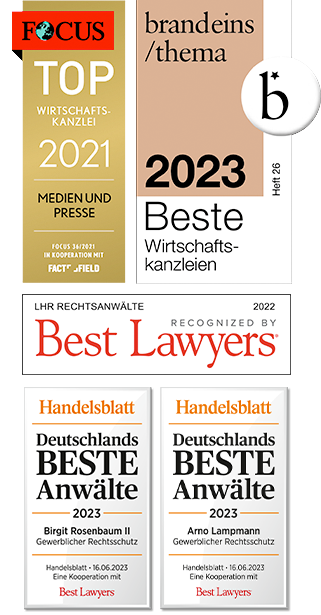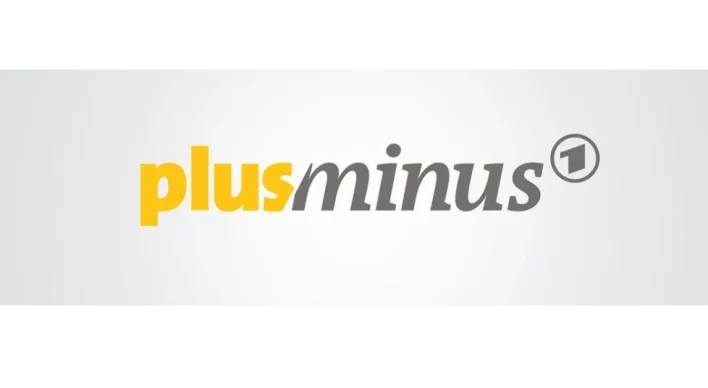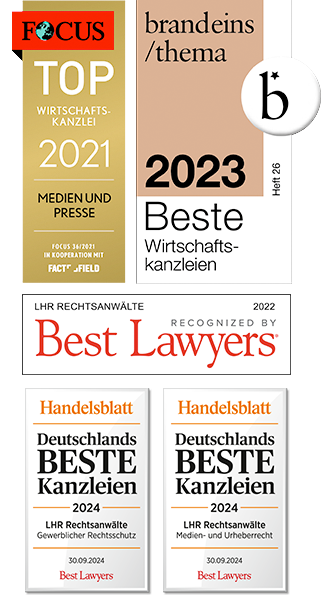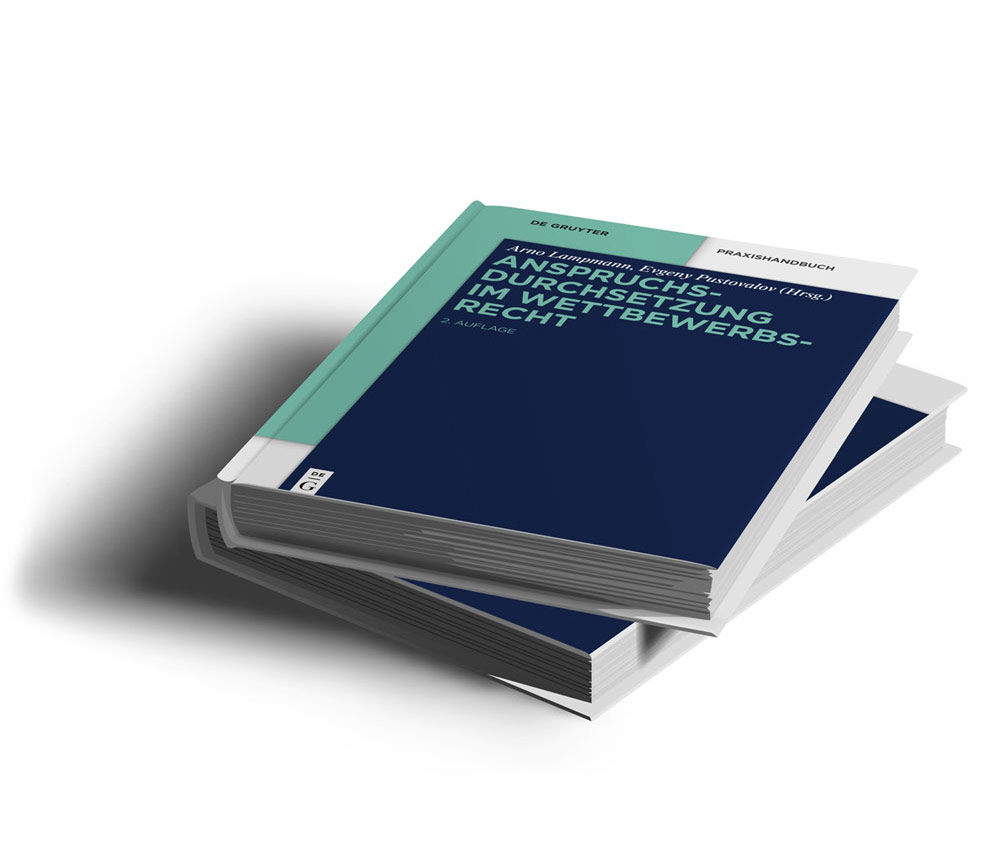LHR obtains injunction against misleading information: software cannot be used throughout Europe
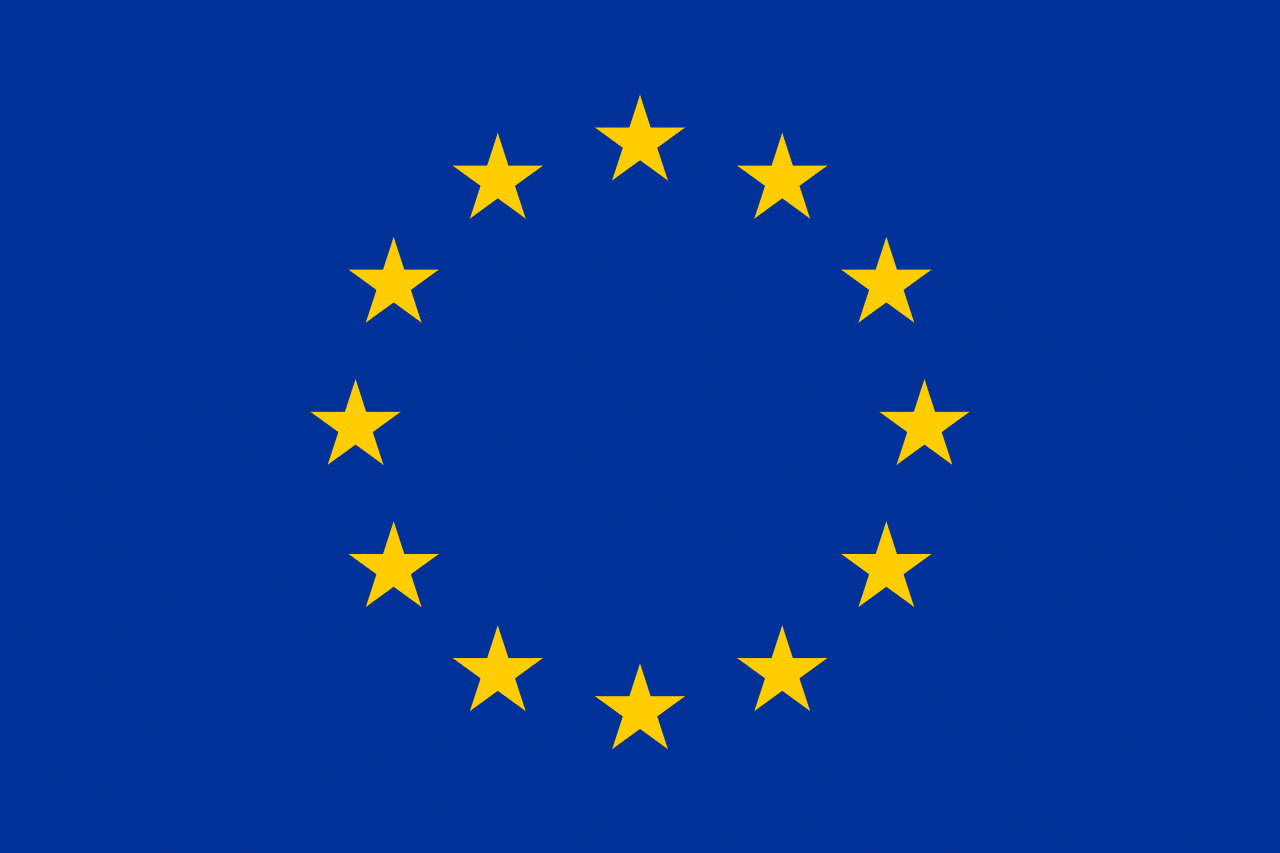
This prohibits the latter from making the following statements in the course of business for competitive purposes in connection with the sale of software

and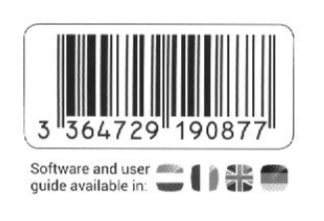
Administrative fine of up to € 250,000
In the event of non-compliance, a fine of up to € 250,000 or up to six months’ imprisonment may be imposed. The amount in dispute was set at €50,000. The decision is not final and was issued without an oral hearing. The defendant now has the legal remedy of an objection or clarification of the facts in the main proceedings.
Software manufacturers dislike the (non-physical) exhaustion
The ban joins a whole series of proceedings that we have brought on behalf of used software dealers against manufacturers who try to obstruct the secondary market for their products by all means. This is an understandable goal, as manufacturers naturally want to keep bringing their software ‘new’ to users.
- LHR obtains preliminary injunction against software manufacturer due to illegal ‘used software clause’ in general terms and conditions
- LHR obtains second preliminary injunction against software manufacturer due to copyright-infringing clause in software terms of use
- LHR obtains preliminary injunction against software manufacturer for violation of the principle of exhaustion
This time the packaging was misleading
The Hamburg Regional Court agreed with the applicant that the software manufacturer’s advertising was inadmissible because it violated the principle of exhaustion pursuant to Section 69 c No. 3 sentence 2 UrhG.
As a result of complaints, the applicant realised that the product description did not deliver what it promised.
During a test installation, she noticed that when German consumers attempted to install or use the software as intended, the following message was displayed and they were informed that the registration code was subject to restrictions in the relevant region and could not be used to activate a subscription in the relevant user account:
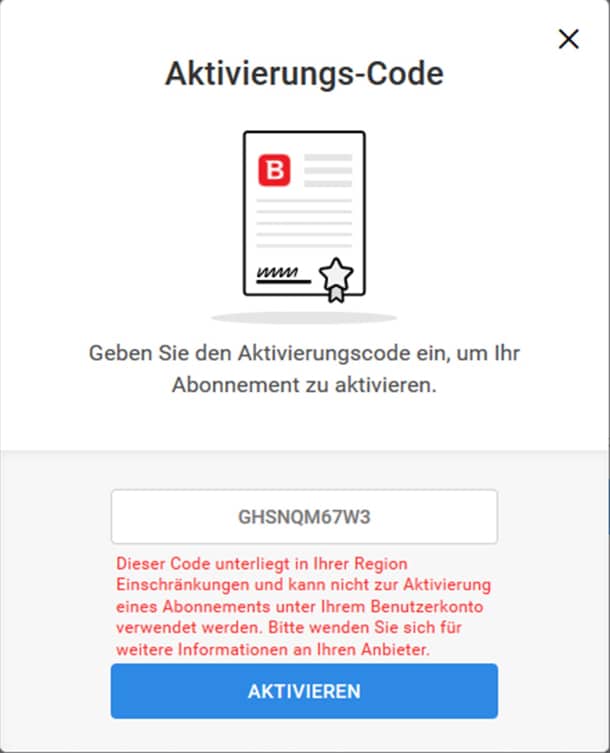
However, the right of the right holder to distribute copies of a computer program is exhausted in the entire territory of the EU if it has been placed on the market with his consent in this territory or in another contracting state of the Agreement on the European Economic Area by way of sale. Accordingly, the defendant may not de facto restrict the possibilities of use.
The behaviour is also inadmissible pursuant to Sections 3, 5 UWG. This is because the information displayed above on the product packaging distributed by the defendant, which is obviously intended to address German consumers in particular, gave the impression that the software can be used not only in Benelux countries or by consumers living there, but also – as required by the European principle of exhaustion – in Germany and by German consumers. However, as shown above, this is incorrect.
Conclusion
Lawyer Arno Lampmann from the law firm LHR:
“The decision of the Hamburg Regional Court is now one of a considerable number of court rulings of this kind and is only logical in light of the European legal situation. Unfortunately, many software manufacturers do not want to recognise the clear requirements of the ECJ and even now, years after the landmark decision, are still trying to circumvent them with – unlawful – restrictions. It is important for software retailers to know that – as this decision shows – they can actively defend themselves against unlawful measures.”
